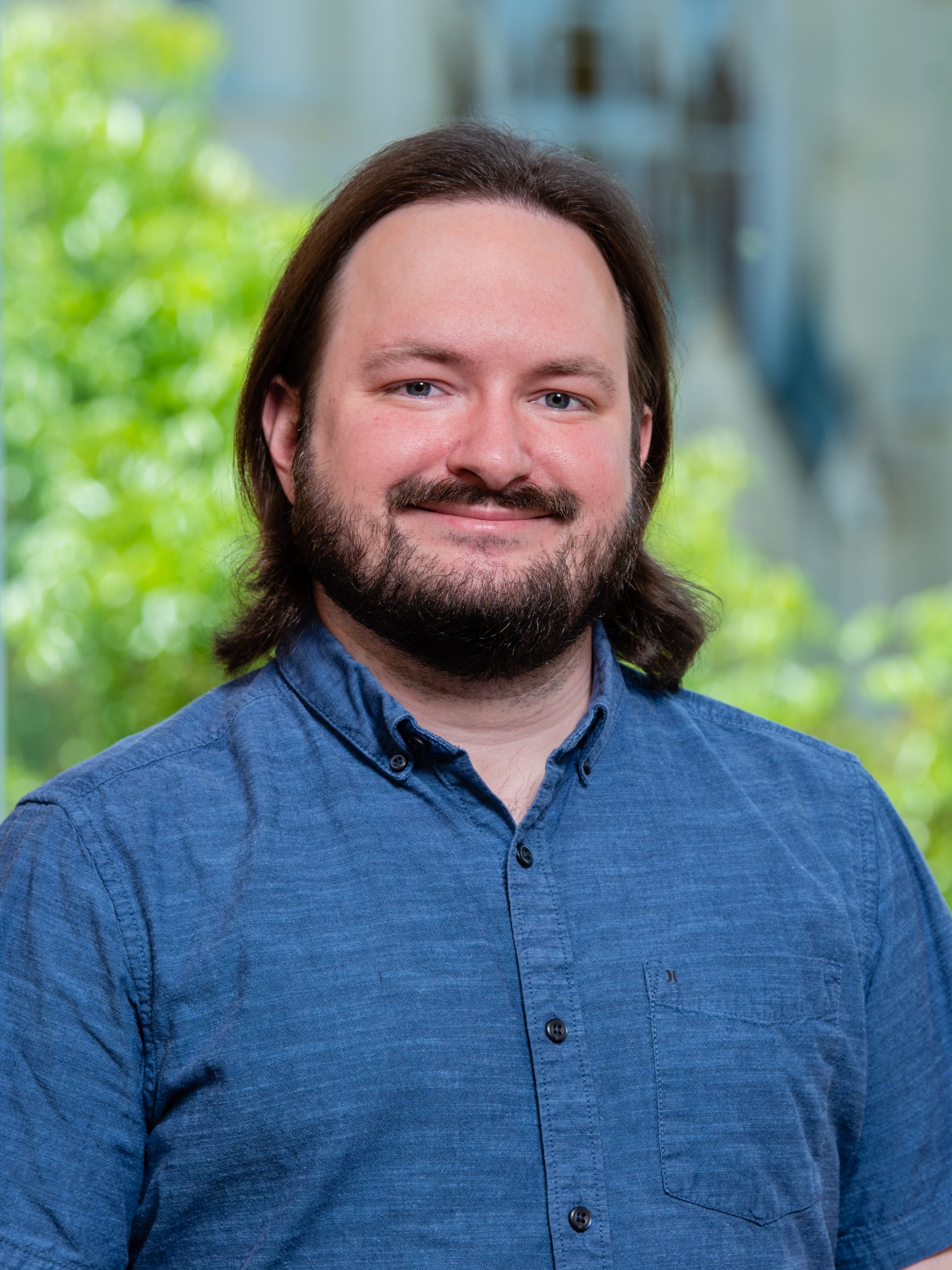Matthew Barnes
Assistant Professor, Program Director
The Spring Hill College Department of Mathematics and Computer Science serves to inspire, educate and enrich each student. It aligns with the College’s mission of cura personalis to help each student find and pursue their passion. The department’s goals include providing Spring Hill students with mathematical and computational ideas and abilities which will help their careers, broaden their minds and enable them to meet the challenges of a lifetime where the understanding of mathematical and algorithmic concepts are essential for future success.

Spring Hill College’s Computer Science program is offered both in-person and online!
The Spring Hill College Math and Computer Science Department offers a interactive and informative club on campus known as the Math Club. The Math Club holds many events such as coding lessons, job panels, derivative bees and several off-campus functions. If you would like to join, send an email to Dr. Lauren Grimley or follow us on Instagram!
You can learn more about our many student organizations here.
You can also learn more about off-campus opportunities and career development with the Office of Career Development.

Assistant Professor, Program Director

Assistant Professor

Assistant Professor

Assistant Professor
The Mathematics Department offers a program leading to the degree of Bachelor of Science in Mathematics with concentrations possible in the following areas: actuarial mathematics, applied mathematics, pure mathematics and computer analysis. For those interested in a career in teaching mathematics at the high school level (grades 7-12), the Division of Education offers a program leading to certification in secondary education combined with a major in mathematics. A minor program in mathematics is also available.
The Computer Science degree at Spring Hill College prepares students for careers in high-demand, high-paying fields – Cybersecurity Analyst, Software Development, and Data Science, to name a few.
With four concentrations (Cybersecurity, Computer Science, Data Science, and Computational Sciences), you’ll tailor your degree to best fit your interests and the opportunities in these fields. According to the U.S. Bureau of Labor Statistics’ Employment Projections for 2019-29, Security Analyst jobs are expected to grow by 31.2 percent and Software Developer jobs are expected to grow by 21.5 percent. In addition, the need for students trained in cybersecurity is a national security priority, according to the National Initiative for Cybersecurity Careers and Studies.
The integration of the College’s Jesuit, Catholic liberal arts foundation brings a real world perspective to the coursework for this new major. Students will learn how to utilize psychology to inform cybersecurity strategies in the Cybersecurity concentration as well as blending computer science with the social sciences through the Data Sciences concentration. The Computational Sciences concentration is designed to align the hard sciences like physics, math and chemistry with computer science.